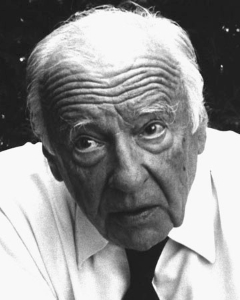
Publication details
Publisher: Springer
Place: Berlin
Year: 1986
Pages: 50-69
Series: Boston Studies in the Philosophy of Science
ISBN (Hardback): 9789401088947
Full citation:
, "Rationality and relativism", in: Thinking about society, Berlin, Springer, 1986
Abstract
Relativism is easily confused with tolerance and hence with rational scepticism. Absolutism is easily confused with sure conviction and hence with irrational fanaticism. But cognitive relativism, by denying absolute truth even as a regulative idea, evacuates the possibility of criticism, and hence the project of co-operative, progressive, learning from experience. All this is permitted by weak absolutism which is also able crisply to define the notions of relative truth and of toleration. Hence it is a better framework for the cognitive work of the anthropologist since it assimilates every community of knowers to the model of the community of science, be they primitive peoples or sophisticated anthropologists. Evans-Pritchard on the Azande, Turnbull on the Ik, and Gellner on Legitimation of Belief are discussed.
Cited authors
Publication details
Publisher: Springer
Place: Berlin
Year: 1986
Pages: 50-69
Series: Boston Studies in the Philosophy of Science
ISBN (Hardback): 9789401088947
Full citation:
, "Rationality and relativism", in: Thinking about society, Berlin, Springer, 1986





